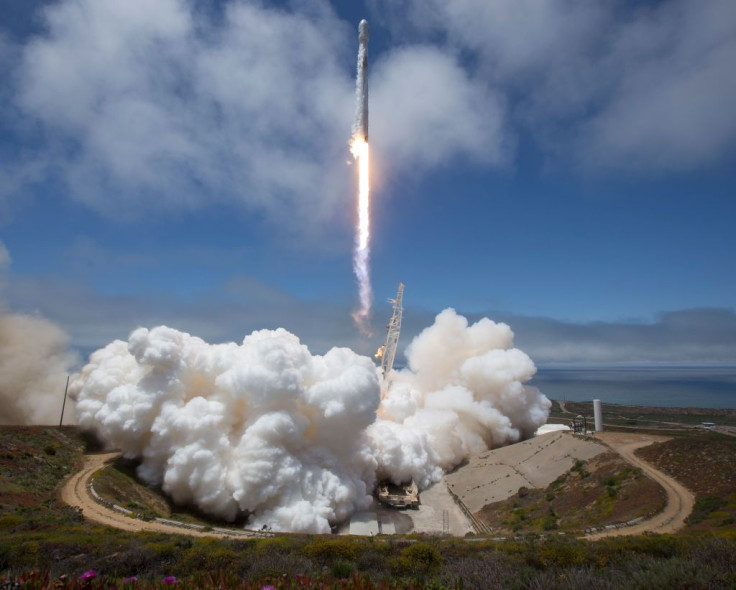Watch SpaceX Catch A Falcon 9 Component Using A Drone Ship

SpaceX has once again caught an important piece of the Falcon 9 rocket using a giant net attached to a drone ship. The impressive feat happened moments after the launch of Falcon 9 for its AMOS-17 mission.
After getting delayed for a few times, SpaceX pushed through with its AMOS-17 mission on Aug. 6. For the mission, the company’s Falcon 9 rocket carried the AMOS-17 satellite. It was conducted in partnership with Israeli satellite operator Space Communication.
Moments after the launch, the Falcon 9’s fairing, which serves as the protective nosecone of the rocket that covers the payload, fell back to Earth. With the help of small thrusters and a parachute, the fairing was safely guided during its descent.
In a video posted on Twitter by SpaceX founder Elon Musk, the fairing can be seen as it gently descended back to Earth. It was caught by a giant net attached to Ms. Tree, a drone ship purchased and modified by SpaceX specifically for this task.
Rocket fairing falling from space (higher res) pic.twitter.com/sa1j10qAWi
— Elon Musk (@elonmusk) August 7, 2019
Before the company adopted this technique, fairings would normally break in two and fall in the ocean shortly after take-off. Unfortunately, even if they remained intact after splashing down, the fairings can no longer be used since they have already been damaged by the salt water
For Musk and SpaceX, catching fairings from rockets using a big net keeps it intact and away from the water. This will allow the company to re-use them in future launches.
The first time SpaceX was able to successfully catch a component from its rocket was in June after the launch of the Falcon Heavy spacecraft. According to Musk, conceptualizing a way to retrieve rocket parts has been a huge project for the company due to its potential to shave down SpaceX’s expenses.
“Imagine you had a $6 million in cash in a palette flying through the air, and it’s going to smash into the ocean,” Musk said in a statement according to The Verge. “Would you try to recover that? Yes. Yes, you would.”
Musk noted that the company intends to safely retrieve salvageable parts of all its rockets in future missions.
© Copyright IBTimes 2024. All rights reserved.





















